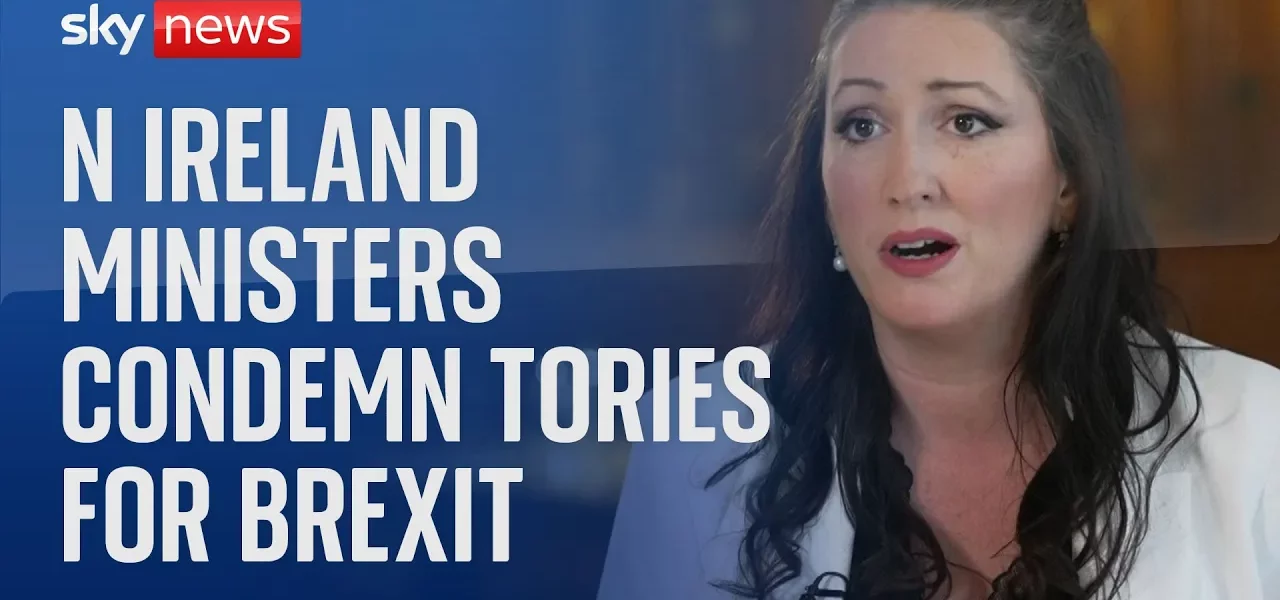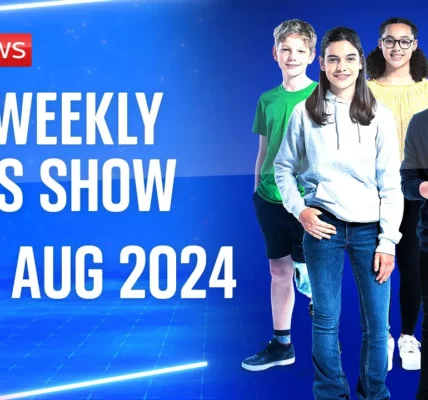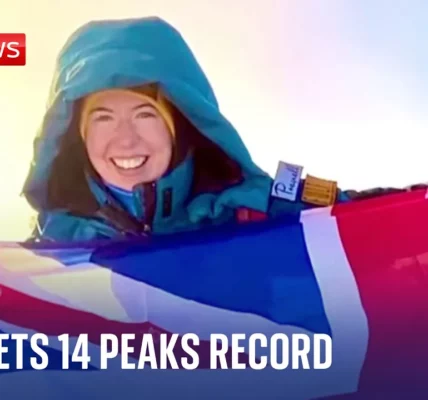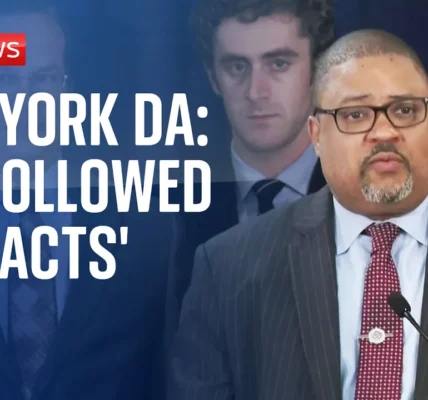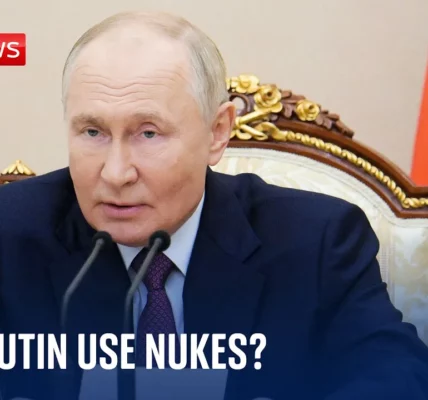Northern Ireland’s Political Landscape: A Deep Dive into the Upcoming General Election

As the political climate in Northern Ireland intensifies with the approaching general election, key leaders from the major parties engage in crucial discussions about their visions, the impact of Brexit, and the future of governance in the region.
Introduction
The political atmosphere in Northern Ireland is characterized by a complex interplay of historical tensions and evolving alliances. With five main parties contesting the upcoming general election, the stakes are high as leaders articulate their positions on critical issues such as the Good Friday Agreement, Brexit, and community unity. This article explores the insights shared by leading figures from each party, reflecting on their priorities and the implications for the people of Northern Ireland.
Key Political Parties and Their Leaders
In the Northern Ireland general election, five primary political parties are vying for influence and representation. Each party presents distinct ideologies and strategies that cater to different segments of the Northern Irish population.
Sinn Féin
Led by Michelle O’Neill, Sinn Féin advocates for a united Ireland while emphasizing the importance of engaging with the UK government to uphold the principles outlined in the Good Friday Agreement.
Democratic Unionist Party (DUP)
Emma Little-Pengelly, representing the DUP, stresses the party’s commitment to maintaining Northern Ireland’s status within the United Kingdom. The DUP has been vocal about the perceived failures of the Conservative government regarding Brexit and public service funding.
Alliance Party
Naomi Long, the leader of the Alliance Party, seeks to transcend traditional sectarian divides. The party’s focus is on building a shared future for all communities in Northern Ireland, advocating for progressive policies that resonate with a diverse electorate.
Social Democratic and Labour Party (SDLP)
Colum Eastwood leads the SDLP, promoting a vision for a united community within the framework of the UK. The party emphasizes social justice and has been active in voicing concerns over public service issues and Brexit’s impact.
Ulster Unionist Party (UUP)
Doug Beattie, the leader of the UUP, underscores the party’s commitment to the union and aims to engage with constituents to address their needs effectively.
The Impact of Brexit on Northern Ireland Politics
Brexit has significantly influenced the political landscape in Northern Ireland, leading to discussions about identity, governance, and economic stability.
Challenges Posed by Brexit
- Undermined cohesion within the United Kingdom.
- Created economic challenges, particularly for border communities.
- Heightened discussions about the constitutional future of Northern Ireland.
Responses from Political Leaders
Each party’s approach to Brexit varies, reflecting their broader political philosophies:
- Sinn Féin: Advocates for a united Ireland as a response to the challenges posed by Brexit.
- DUP: Emphasizes the need for the UK government to protect Northern Ireland’s interests, asserting that the Conservative party’s handling of Brexit has been detrimental.
- Alliance Party: Aims to find common ground and promote economic cooperation across borders.
- SDLP: Focuses on mitigating the negative impacts of Brexit on public services and social issues.
- UUP: Commits to representing unionist interests while acknowledging the need for pragmatic solutions post-Brexit.
Constitutional Questions and Community Aspirations
The question of Northern Ireland’s constitutional status remains a pivotal issue in every election. The leaders articulate their parties’ visions for the future, reflecting the diverse aspirations of the electorate.
Long-term Visions
Political leaders express their ambitions for a united community, with varying views on how this can be achieved:
- Michelle O’Neill (Sinn Féin): Advocates for a united Ireland and reconciliation among communities.
- Emma Little-Pengelly (DUP): Supports a united community within the context of the UK.
- Naomi Long (Alliance): Promotes a vision that transcends traditional divisions and fosters unity.
- Colum Eastwood (SDLP): Calls for respect for differing views while aiming for a shared future.
- Doug Beattie (UUP): Focuses on strengthening the union and protecting the interests of unionists.
Conclusion
The upcoming general election in Northern Ireland is a crucial moment for its political future. With key issues such as Brexit, governance, and community aspirations at the forefront, the leaders from the major parties are navigating a complex landscape. As voters prepare to cast their ballots, the decisions made will shape the trajectory of Northern Ireland for years to come. It is essential for citizens to engage in the electoral process, understanding the stakes involved and the visions presented by each party. Explore related articles for more insights into Northern Ireland’s political dynamics.
“`
